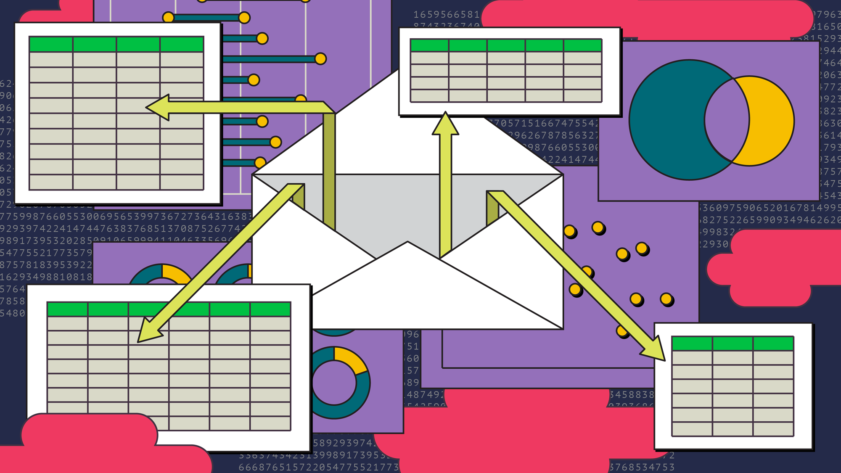Data Is Plural is a weekly newsletter of useful/curious datasets. This edition, dated Sept. 14, 2022, has been republished with permission of the author.
Congress gets an official API. The United States’ legislative branch now has an official API, the Library of Congress announced last week. It provides structured data on legislators, bills, bill summaries, amendments, committee reports, appointee nominations, international treaties, and more. To use the service, you’ll need to sign up for a free API key. Read more: Some context from the Congressional Data Coalition. Related: The Government Publishing Office’s bulk data on bills and bill summaries (DIP 2020.08.26) and ProPublica’s Congress API. [h/t Jackie Kazil]
Voter ID laws. As part of his Ph.D. research, Tom Barton has constructed a dataset of voter identification requirements around the world. For each country and U.S. state, the dataset indicates the type of identification needed to vote (a photo ID, non-photo ID, or just basic personal details), how many forms of identification the voter must provide, and more. Related: A detailed examination of U.S. voter ID laws from the National Conference of State Legislatures. Previously: Recent U.S. voting legislation tracked by the Voting Rights Lab (DIP 2022.07.20).
Local internet speeds. If you’ve tried measuring your internet speed, you might have used Ookla’s testing service. The company releases a series of quarterly datasets that summarize the test results, aggregated into geospatial tiles. (The tile sizes vary by latitude but measure roughly 2,000 feet by 2,000 feet at the equator.) For each tile, the datasets list the number of tests performed and devices tested, plus the average download speed, upload speed, and latency. As seen in: “Europe’s internet speeds are faster than ever, but not for everyone” (EDJNet) and associated dashboard. Previously: Internet speeds from the Measurement Lab (DIP 2019.05.22). [h/t Federico Caruso]
Art sales and ownership. The Getty Provenance Index contains more than 2.3 million historical records relating to the sale and ownership of artworks, searchable online by artist, owner, auction house, date, and other characteristics. As part of an ongoing project to remodel the index, the Getty Research Institute has also published a subset of the records as open data. The largest of those datasets describes more than one million sales in Europe from the 1600s to 1945. [h/t Richard E. Spear]
Space weather. NOAA’s Space Weather Prediction Center keeps tabs on a variety of phenomena, such as coronal mass ejections, geomagnetic storms, and solar flares. The agency’s reports and datasets include three-day forecasts, sunspot predictions, solar wind observations, and more. The agency also provides dashboards for several audiences, such as the aviation community, emergency management, and “space weather enthusiasts.” [h/t oblib]
Notice: Unlike most of our content, this edition of Data Is Plural by Jeremy Singer-Vine is not available for republication under a Creative Commons license.




